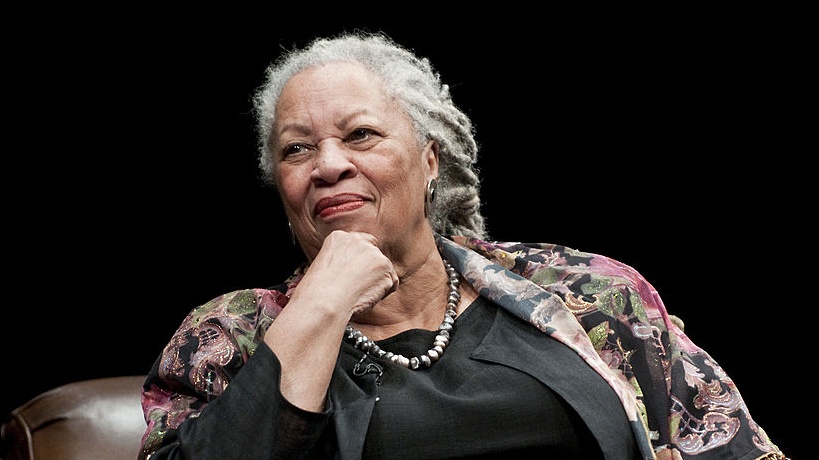The Wentzville school board in St. Louis, Missouri, backpedaled on its decision to ban the novel The Bluest Eye by the late author Toni Morrison, The Guardian reports.
The Missouri school board's reversal on their initial vote to ban the book in January with a 4-3 vote came as they faced a federal class-action lawsuit filed by two students, CNN reports.
The district review committee which voted on the book before the school board, said "This novel has value towards a supportive WSD curriculum and students' growth as readers and learners," Fox 2 Now reports.
"This novel helps the reader step into and understand 1941 (pre-WWII, pre-civil rights movement), small-town black culture in a way no textbook can do. There is also value for the reader in reading and being exposed to Toni Morrison's prose and manner of writing, which is unique to her," the committee's summary notes read.
According to SparkNotes, the book, which has been criticized by conservatives, is about a Black girl named Pecola Breedlove who is living in poverty at the end of the Great Depression and yearns for blue eyes because she believes her life would improve.
The American Civil Liberties Union of Missouri (ACLU) filed the lawsuit on behalf of the students, contending the Missouri school board prohibited books that would engage students with a "diversity of ideas and minority viewpoints, including with respect to race, gender, and sexual identity," and also pointed out that the board is banning books that due to "ideological disagreement," according to CNN.
"Wentzville's policies still make it easy for any community member to force any book from the shelves even when they shamelessly target books by and about communities of color, LGBTQ people and other marginalized groups," Director of Integrated Advocacy of ACLU of Missouri Anthony Rothert said, according to The Guardian.
"Access to The Bluest Eye was taken from students for three months just because a community member did not think they should have access to Toni Morrison's story," Rothert added.
The American Library Association (ALA) notices that book banning has increased.
"It's a volume of challenges I've never seen in my time at the ALA – the last 20 years," the director of the ALA office of intellectual freedom, Deborah Caldwell-Stone, said to The Guardian.
According to the ALA, the basis for removing books from school shelves stems from if the work touches upon topics like LGBTQ+, sexual references, religious viewpoints, racism, police brutality and profanity reports.
"We're seeing a disregard for policy and a kind of a moral panic over a number of novels and graphic novels that are in school libraries that are intended for adolescents to access and read," Caldwell-Stone said. "We're seeing censorship to impose particular agendas, representing particular political or religious beliefs. It's really disheartening."
However, one board member did vote against the book saying it lacked educational and social value for students and could be "extremely harmful."
"School boards cannot ban books because the books and their characters illustrate viewpoints different of those of school board; especially when they target books presenting the viewpoints of racial and sexual minorities, as they have done in Wentzville," Rothert said in a statement, Ed Week reports.
